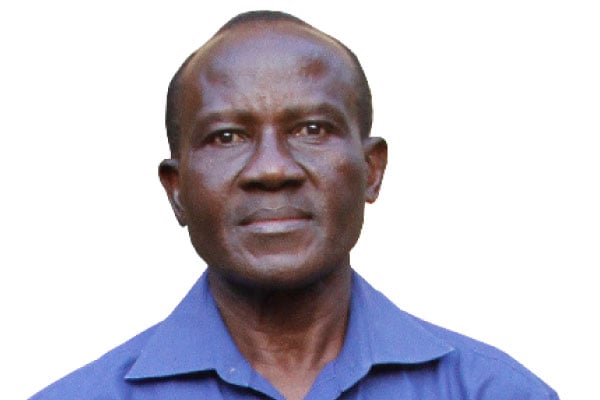Prime
NAM is finished. Thank God

Author: Alan Tacca. PHOTO/FILE
What you need to know:
- In the competition for allies, the democracies that have been putting up a fight – albeit a timid fight – for various rights may slacken their effort. Time will tell whether, heading to 40 years in power, President Museveni’s voice and body language will reflect the interests of the Third World’s citizens or embolden its despots.
The mandarins representing almost 120 countries that call themselves the Non-Aligned Movement (NAM) have left the country.
Meanwhile, ordinary Ugandans whose livelihoods were disrupted by the summit are trying to pick themselves up. Makeshift kiosks that were demolished to make Kampala Capital City look posh will be stealthily rebuilt. Hawkers and roadside vendors who were driven off are slowly coming back. Beggars and homeless people who were hounded like vermin into hiding are materialising again.
And pretenders to a smart city now have a golden opportunity to watch how hastily made road patches evolve into new potholes as Kampala is fully restored to its shabby existence.
After President Museveni reluctantly accepted counsel some time back that he could not unilaterally christen Uganda a ‘middle income’ country, his government tends to see things through economic magnifying glasses. So we have many officials talking wildly about the gigantic leaps Uganda will make in tourism, trade and industrial investment because we hosted NAM. We only need patience. If there are big leaps, we shall see them.
Turning to something less tangible; those old enough probably remember Museveni ridiculing people who dangled before him the job of UN secretary general as bait to make him loosen his grip on Uganda’s presidential chair.
From that you might expect the big man to frown upon the rather dubious glory of chairing NAM. Wrong. Why? Because this chair does not require him to forgo his presidency!
It may even inspire him to cling to the job more firmly beyond the 2026 election. This would enable him to “complete his three-year term as the chair of NAM; both as appreciation for bringing the summit to Uganda in 2024, and to avoid entrusting NAM with a new inexperienced president”.
However, my serious worry is that if NAM originally faced a world that was ideologically divided between Capitalism and Communism, today the division is more clearly between democracy and authoritarianism.
During the Cold War, both Capitalism and Communism had friends and allies among the NAM countries. Both almost completely disregarded the issues of democracy and human rights when their friends were the violators. Impunity was rampant. Proxy wars were ‘normal’.
The NAM countries that escaped Cold War courtship and intimidation were poor in natural resources; or were geopolitically uninteresting; or were led by rulers/systems of unusual integrity; or had a combination of these.
When European Communism collapsed more than 30 years ago, there was a small window of light, because of which the issues of democracy and human rights made tentative steps forward on the global agenda.
Autocratic rulers in the NAM fraternity were inconvenienced. But the citizens made some gains.
A lot of things have happened in the intervening years. A financial crisis around 2008, economic damage by Covid-19, the maturing of new Third World tyrants, the resurgence of Russian barbarism and the entrenchment of China as a rich cynical resource guzzler.
NAM ganged up on Israel, but not Russia. In this stressed new world, despotic rulers of failing states and desperate states masquerading as ‘non-aligned’ are precisely what Russia and China need to capture and control the Global South around an axis where human rights abuses, anti-democracy and belligerence are the norm.
In the competition for allies, the democracies that have been putting up a fight – albeit a timid fight – for various rights may slacken their effort. Time will tell whether, heading to 40 years in power, President Museveni’s voice and body language will reflect the interests of the Third World’s citizens or embolden its despots.
Mr Alan Tacca is a novelist, socio-political commentator.
[email protected]


